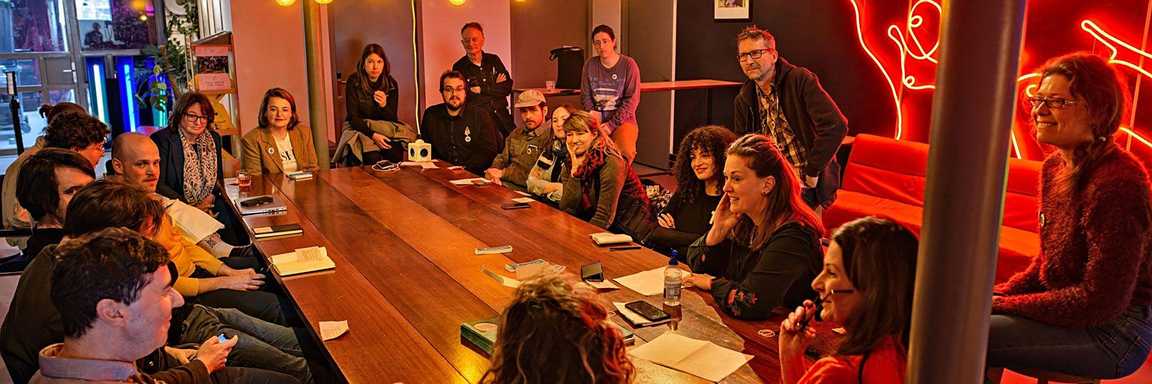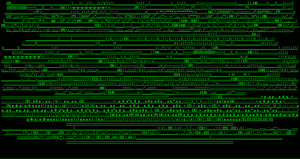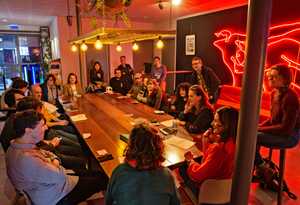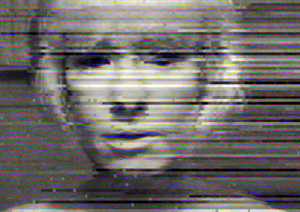Collaborative Infrastructure
LI-MA's Collaborative Infrastructure for Sustainable Access to Digital Art project is highlighting the shared infrastructure and knowledge building for museum collections, artists and heritage networks, on the long term preservation of digital art. Eighteen parties are working together to prevent the loss of digital artworks, to safeguard the knowledge to preserve them and to update the technical infrastructure needed.
Works of art and archives in the field of digital culture are an important part of our cultural heritage. Currently artists are increasingly engaging with digital art using social media, online platforms, VR, augmented and mixed reality and for instant NFT. Digital art is also increasingly better represented in the Dutch museums and other cultural institutions. The ever-changing technology is the source of continuous challenges for its future presentation. Rapid obsolescence of hard and software, complexity and multidisciplinarity and the lack of established best practices at the museums put these artworks in the collections at high risk.
Collaborative Infrastructure for Sustainable Access to Digital Art is a practice-based research project that focuses on the needs of complex digital artworks from Dutch collections and their caretakers. The project has urgent goals: to save digital artworks for future generations to experience, and to commonly develop and share knowledge to make this happen.
Improving Preservation Practice
The sustainable preservation and storage of digital artworks require constant care, as they need ongoing translation to a technical infrastructure that meets up-to-date, certified and sustainable technical standards. Furthermore, “new” art forms such as Virtual Reality and Net Art constantly require advanced technical research as well as the development of good practice and expertise at the level of the collection-managing institutions. A considerable amount of media artworks would be lost without the proper care. The research is based on ten case studies from the collections involved. Questions and recommendation checklists related to the care of these digital artworks are explored, focussing on developing best practices in analyzing, documenting and storing digital artworks. The project incorporates artist interviews, multidisciplinary research, a WIKI with documentation reports, and video clips presenting diverse perspectives. Workshops are developed, museum professionals, two junior conservators and many (phd) interns will be trained within the project.
The project includes:
- Case study-based research on the preservation of dynamic works of digital art
- The training of specialists: two junior conservators
- Knowledge sharing through public dissemination of findings
- Raising awareness
- Updating collaborative and technical infrastructures
- The preservation of thousands of subsequent digital artworks
The results and insights will be implemented in the collaborative infrastructure workflow, metadata system, storage and monitoring in order to take care of both; collected works and future acquisitions. The findings will be disseminated to the national and international digital art and conservation field to improve practices for sustaining digital artworks at large.

Workshop group during Transformation Digital Art 2023. Photo by Pieter Kers
The project involves the ongoing collaboration with
15 Participating Collections Van Abbemuseum (Eindhoven); De Appel (Amsterdam); Boijmans Van Beuningen ; Rotterdam); Groninger Museum (Groningen); Dutch Cultural Heritage Agency (Amersfoort); Kröller-Müller Museum (Otterlo); Rijksakademie (Amsterdam); Stedelijk Museum (Amsterdam); Bonnefanten Museum (Maastricht); Centraal Museum (Utrecht); Frans Hals Museum (Haarlem); LI-MA (Amsterdam); KRC Collection (Voorschoten); Rabo Art Collection (Utrecht); BPD Art Collection (Amsterdam)
2 Advising Parties
The Foundation for the Conservation of Contemporary Art (SBMK) and The Dutch Digital Heritage Network (NDE)
10 Artists
Ton Bruynèl and Carel Visser, Martin Creed, Jeroen Jongeleen, Kahlil Joseph, Rosa Menkman, Jan Robert Leegte, Gabriel Lester, Rafaël Rozendaal, Saeeda Saeed, Debra Solomon,
This project is made possible by the generous support of
LI-MA research team Gaby Wijers, Deputy Director and Chief Conservator, Claudia Roeck, Conservator of Software Based Art, Mauricio van der Maesen de Sombreff engineer and Junior Conservator of Digital Art, Olivia Brum, Junior Conservator of Digital Art, Joost Dofferhoff, Registrar and Preservation Assistant and a team of technical specialists taking care of sustaining the digital infrastructure.










